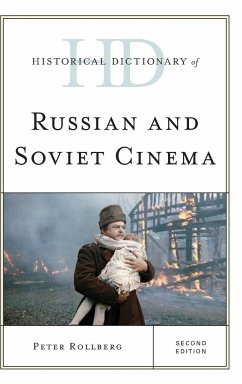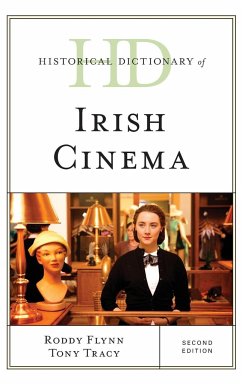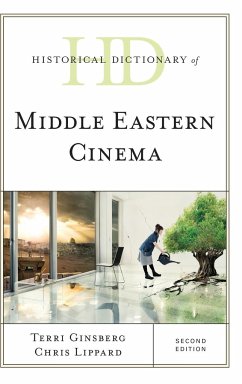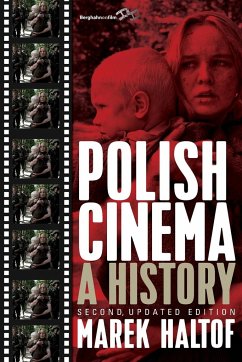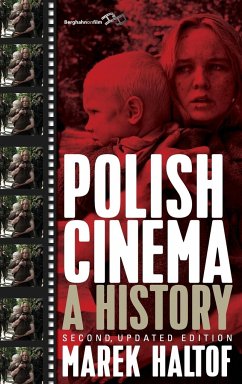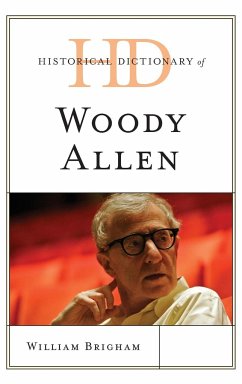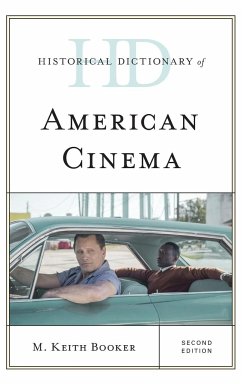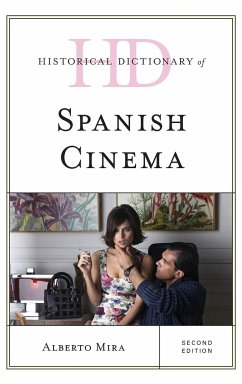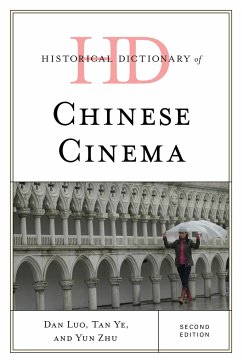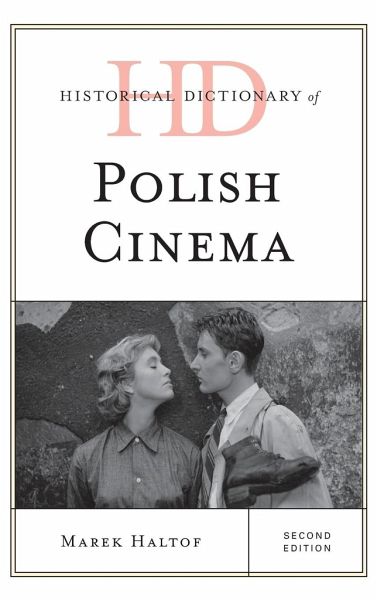
Historical Dictionary of Polish Cinema
Versandkostenfrei!
Versandfertig in 1-2 Wochen
139,99 €
inkl. MwSt.

PAYBACK Punkte
70 °P sammeln!
In 1902, scientist and inventor Kazimierz Prószy¿ski made the first Polish narrative film, The Return of a Merry Fellow. Since then, the Polish film industry has produced a diverse body of work, ranging from patriotic melodramas and epic adaptations of the national literary canon to Yiddish cinema and films portraying the corrupt side of communism. Poland has produced several internationally known films, including Andrzej Wajda's war trilogy, A Generation (1955), Kanal (1957), and Ashes and Diamonds (1958); Roman Poläski's Knife in the Water (1962); and Andrzej Munk's The Passenger (1963). ...
In 1902, scientist and inventor Kazimierz Prószy¿ski made the first Polish narrative film, The Return of a Merry Fellow. Since then, the Polish film industry has produced a diverse body of work, ranging from patriotic melodramas and epic adaptations of the national literary canon to Yiddish cinema and films portraying the corrupt side of communism. Poland has produced several internationally known films, including Andrzej Wajda's war trilogy, A Generation (1955), Kanal (1957), and Ashes and Diamonds (1958); Roman Poläski's Knife in the Water (1962); and Andrzej Munk's The Passenger (1963). Often performing specific political and cultural duties for their nation, Polish filmmakers were well aware of their role as educators, entertainers, social activists, and political leaders. This second edition of Historical Dictionary of Polish Cinema fills the gap in film scholarship, presenting an extensive factual survey of Polish film. Through a chronology; an introductory essay; appendixes, a bibliography; and over 300 cross-referenced dictionary entries on films, directors, actors, producers, and film institutions, a balanced picture of the richness of Polish cinema is presented. Readers with professional interest in cinema will welcome this new work, which will enhance senior undergraduate or postgraduate courses in film studies.





